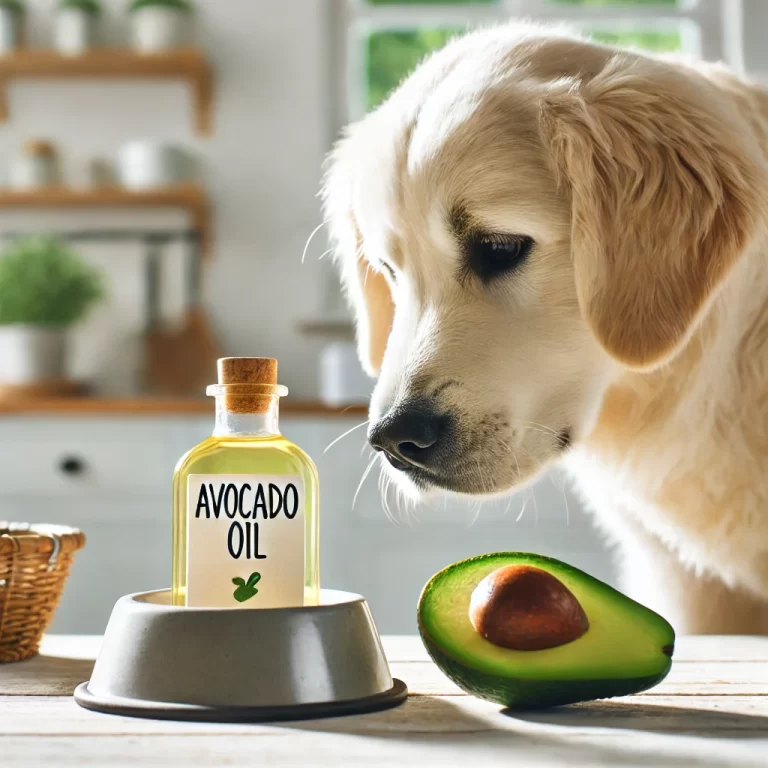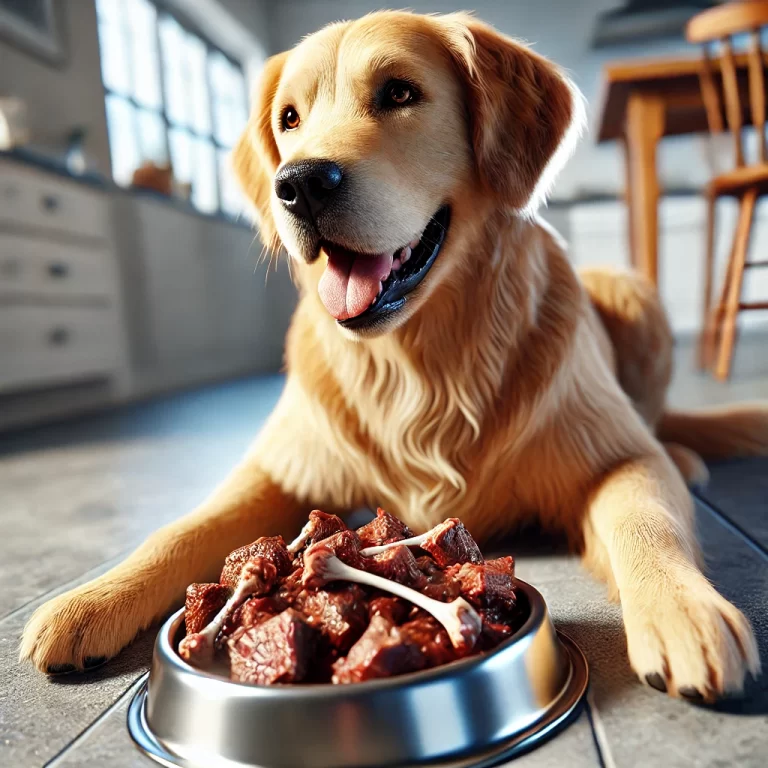Can Dogs Have Couscous? Benefits, Risks & Serving Tips
Couscous is a versatile, grain-like food that’s quick to prepare and easy to digest—for humans. But if you’re wondering, “Can dogs have couscous?” the answer is yes, with some precautions. While couscous is not toxic to dogs and can offer some nutritional benefits, it should only be fed in moderation and prepared appropriately. In this article, we’ll explore the pros and cons of feeding couscous to dogs, how to prepare it safely, and the best ways to incorporate it into your dog’s diet.
Table of Contents
- What Is Couscous?
- Is Couscous Safe for Dogs?
- Nutritional Benefits of Couscous for Dogs
- How to Safely Serve Couscous to Dogs
- Potential Risks of Couscous for Dogs
- Couscous vs. Other Dog-Friendly Grains
- When Should You Avoid Giving Couscous to Dogs?
- FAQ
What Is Couscous?
Couscous is a type of pasta made from semolina wheat. It resembles tiny granules and is commonly used in Mediterranean and North African dishes. Though often mistaken for a grain, couscous is technically a refined carbohydrate, similar to pasta or white rice in nutritional profile.
There are several types of couscous:
- Moroccan couscous: The smallest and quickest to cook
- Israeli (pearl) couscous: Larger and chewier, similar to pasta pearls
- Lebanese couscous: The largest variety, taking the longest to cook
Is Couscous Safe for Dogs?
Yes, plain cooked couscous is safe for dogs in moderate amounts. It should be free from added spices, onions, garlic, salt, or butter—ingredients often used in human couscous recipes that can be harmful to dogs.
Feeding couscous in small portions can provide dogs with energy, fiber, and essential nutrients without adverse effects—as long as your dog doesn’t have a wheat allergy or gluten sensitivity.

Nutritional Benefits of Couscous for Dogs
Couscous contains several beneficial nutrients that can support a dog’s overall health:
1. Carbohydrates
Couscous is a good source of energy-rich carbohydrates that can fuel your dog’s daily activities, especially if they’re active or underweight.
2. Fiber
Its fiber content supports healthy digestion and can help regulate bowel movements in dogs with mild constipation or diarrhea.
3. Protein
While not a complete protein, couscous does provide small amounts of plant-based protein to complement a meat-based diet.
4. Selenium
Selenium is a powerful antioxidant found in couscous that helps reduce inflammation, support immune function, and promote healthy thyroid activity.
5. Magnesium & B Vitamins
These micronutrients contribute to energy production, nerve health, and muscle function.
How to Safely Serve Couscous to Dogs
1. Keep It Plain
Cook couscous in water only—avoid using salt, garlic, onion, or broth that may contain toxic ingredients.
2. Serve in Small Portions
Couscous should be treated as a side dish or filler—not a meal replacement. Mix it with lean proteins like chicken, turkey, or salmon and steamed vegetables for a balanced meal.
3. Cool Before Serving
Make sure the couscous has cooled completely before adding it to your dog’s bowl to prevent burns.
4. Start Slowly
Introduce couscous gradually and watch for any signs of digestive upset, especially if your dog hasn’t eaten grains before.
Potential Risks of Couscous for Dogs
Despite its safety in moderation, couscous isn’t perfect. Here are a few risks to keep in mind:
1. Wheat Allergy or Gluten Sensitivity
Couscous is made from wheat, so it’s not suitable for dogs with gluten intolerance or celiac-like symptoms. Common signs include itching, skin irritation, ear infections, and gastrointestinal distress.
2. Overfeeding
Too much couscous can lead to weight gain due to its high carbohydrate content. It can also cause bloating, gas, or loose stools if given in excess.
3. Flavored Couscous Dishes
Seasoned couscous blends often contain garlic, onion, salt, and spices—all of which are toxic or irritating to dogs. Stick to unflavored, plain varieties only.
Couscous vs. Other Dog-Friendly Grains
| Grain | Pros | Cons |
|---|---|---|
| Couscous | Easy to digest, mild flavor, good energy source | Contains gluten, low in complete protein |
| Brown Rice | High in fiber, more nutrients than white rice | May cause gas or allergies in some dogs |
| Oatmeal | Gluten-free, great for dogs with sensitive stomachs | Needs to be cooked and plain; flavored oats can be unsafe |
| Quinoa | Complete protein, nutrient-dense | May cause mild GI upset if not rinsed before cooking |
| Barley | High fiber, good for heart health | Contains gluten; not ideal for sensitive dogs |
While couscous is a good option, you might find that alternatives like brown rice or oatmeal are better suited for your dog depending on their needs.
When Should You Avoid Giving Couscous to Dogs?
- If your dog has been diagnosed with a wheat or gluten allergy
- If your dog is diabetic or on a carb-restricted diet
- If your dog is experiencing digestive issues like diarrhea or vomiting
- If the couscous is seasoned or mixed with harmful ingredients
Always check with your vet before adding new ingredients to your dog’s diet, especially if they have medical conditions or dietary restrictions.
FAQ
Can dogs eat couscous every day?
No. While couscous is safe in moderation, it’s not nutritionally complete. Daily consumption may lead to nutritional imbalances. It’s best used as an occasional addition or treat.
Is couscous better than rice for dogs?
Both are good options depending on your dog’s dietary needs. Brown rice may offer more fiber and nutrients, while couscous is quicker to cook and easier to mix with other foods.
Can I mix couscous with dog food?
Yes, adding a spoonful of plain couscous to your dog’s regular kibble or wet food can add texture and variety. Just avoid overfeeding.
Can puppies eat couscous?
Yes, but in small quantities and under vet guidance. Puppies have sensitive stomachs and require balanced diets for growth.
Can dogs eat couscous with vegetables?
Absolutely—mixing couscous with dog-safe veggies like carrots, peas, or green beans makes a great, healthy treat.
Conclusion
So, can dogs have couscous? Yes—plain, cooked couscous can be a healthy, occasional addition to your dog’s diet. It offers energy, fiber, and a few essential nutrients. However, couscous should never replace a complete and balanced dog food, and you must avoid serving it with harmful seasonings or ingredients.
As with any new food, start slowly, watch your dog’s reaction, and always prioritize moderation and quality. When in doubt, consult your veterinarian to determine whether couscous is a good fit for your pet’s specific dietary needs.



